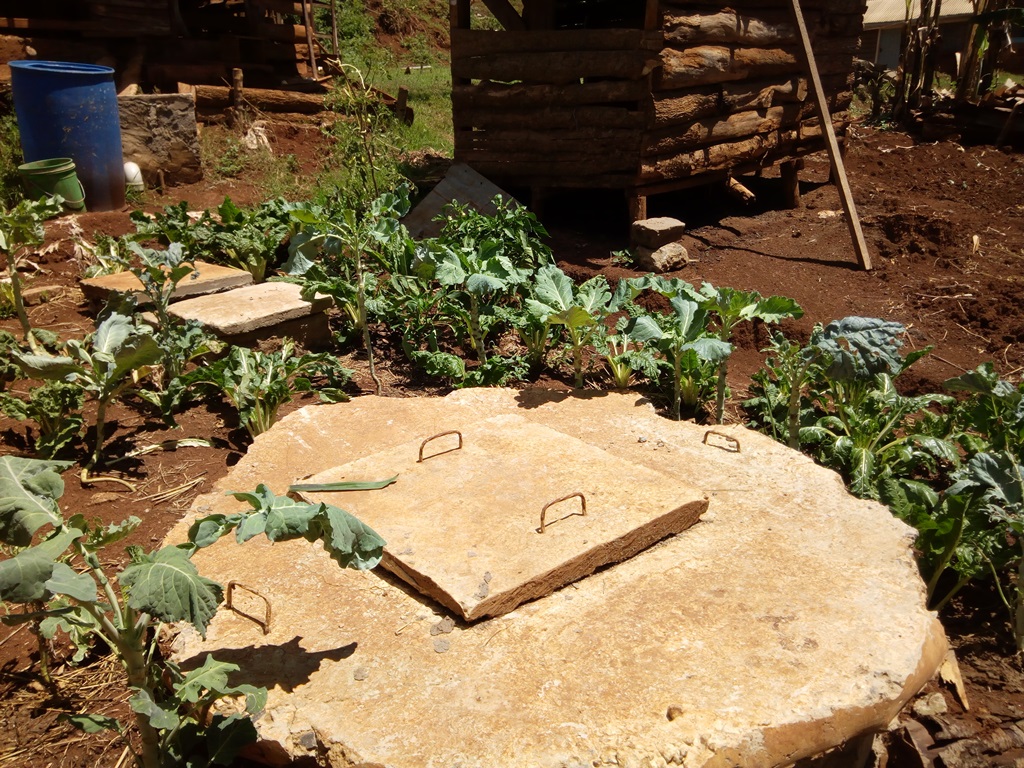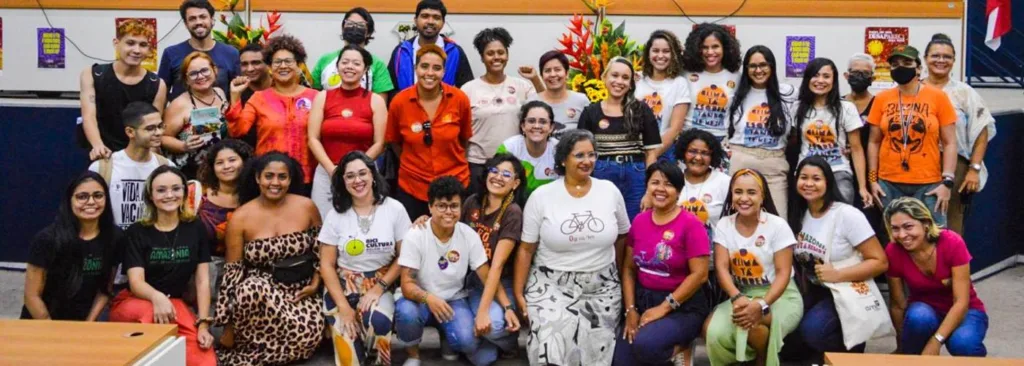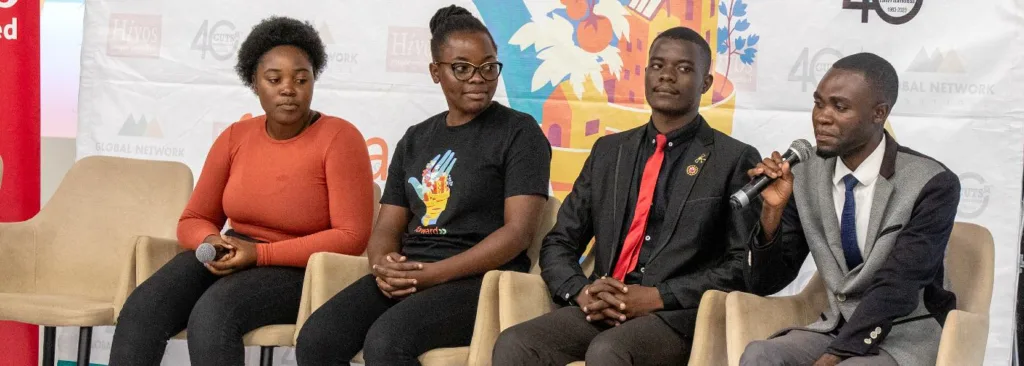Philip Mutahi Ngunjiri is a commercial coffee and dairy farmer in Nyeri County. He learned about biogas through the Kenya Biogas Program’s (KBP) Biogas Extension Service Providers based in the region and immediately got interested in installing one. “It cost me a total of Ksh 66,000 (equivalent to 571 USD) to install this 6-cubic-meter digester in July 2016. Biogas is easy to use, cheap, and clean as I no longer need to scrub soot off my cooking utensils,‘’ he said. There’s no longer the drudgery that comes with fetching firewood. Moreover, most of our land now remains forested,” added Margaret, Phillip’s wife.
The family uses the surplus trees for other purposes, like wood for building. They initially had operation and maintenance challenges, but with the help of the local mason and other farmers who have biogas plants, they were able to overcome them and the now enjoy the full benefits of biogas. They use it for cooking and heating, which has really brought down their electricity bills. Margaret has established a kitchen garden where she grows vegetables like kale and capsicum for domestic use with great success thanks to using bioslurry as a fertilizer. She plans to expand her garden and introduce other crops like coriander, cabbage and maize as the supply of bioslurry is continuous when gas is being produced. Other than vegetables, she also uses the bioslurry on Napier grass and coffee.
“My coffee bushes have never looked better in all my years of coffee farming, in fact, I anticipate a bumper harvest this season,” she told us. Comparing her coffee bushes with those of her immediate neighbour, who did not have a biogas plant, clearly showed that bioslurry had done wonders. Her bushes were greener, larger and had many more berries that were bigger in size.
Margaret has been able to stop buying fertilizer, which has significantly reduced her production costs. “You know, bioslurry also repels flying and jumping insects, and that also cuts what I spend on pesticides. I even mix the fresh bio-slurry with chicken feed to feed my chickens. They love it,” Margaret says proudly.
“Other farmers come to see my digester and get interested. Some have already installed one and others are saving up for the upfront cost. I would recommend biogas to anyone, anytime.”
Through stories of individuals such as Philip and Margaret, the Africa Biogas Partnership Programme continies to power and transform lives through the use of biogas and bio-slurry to mitigate climate change. To date, over 17,500 bio-digesters have been installed in Kenya.




